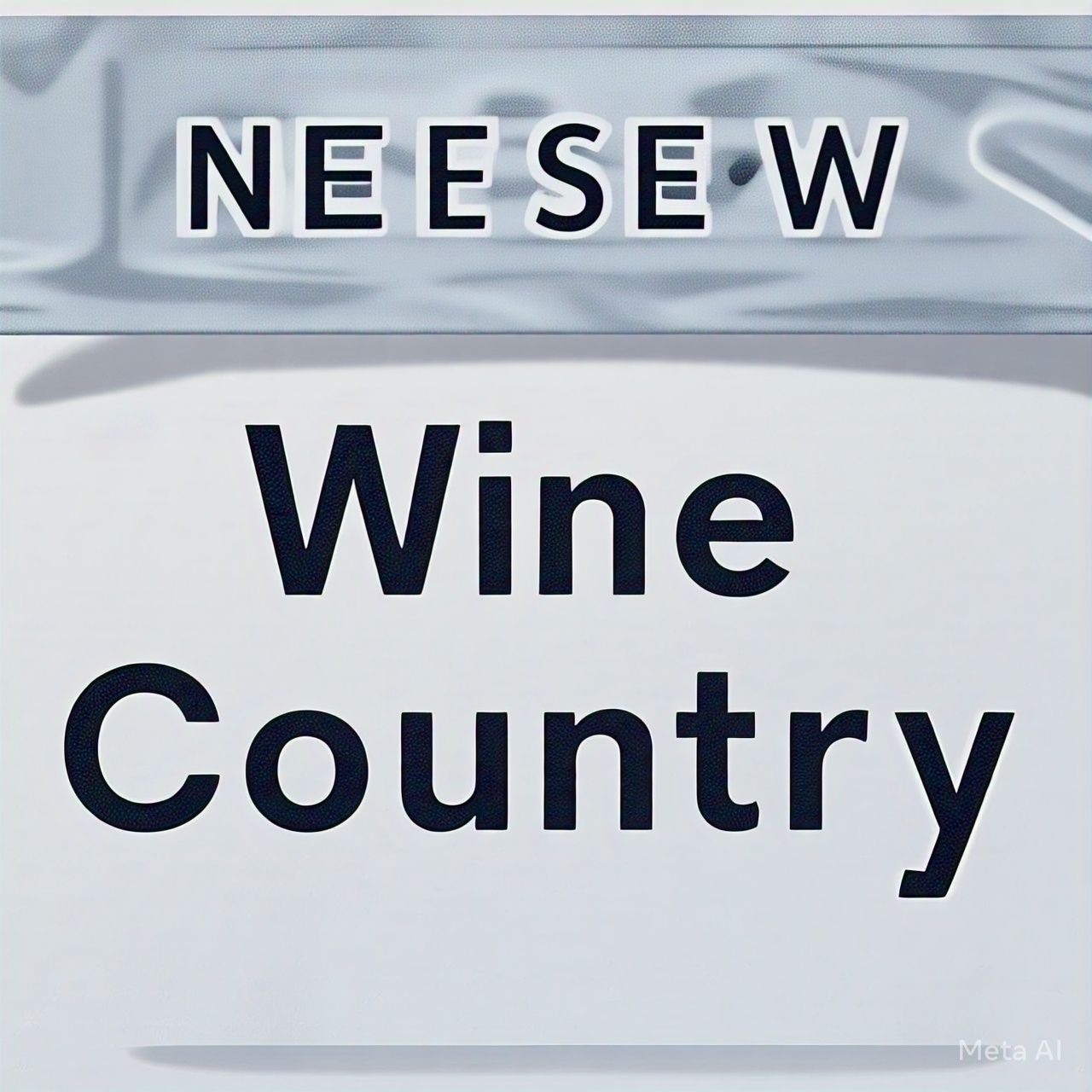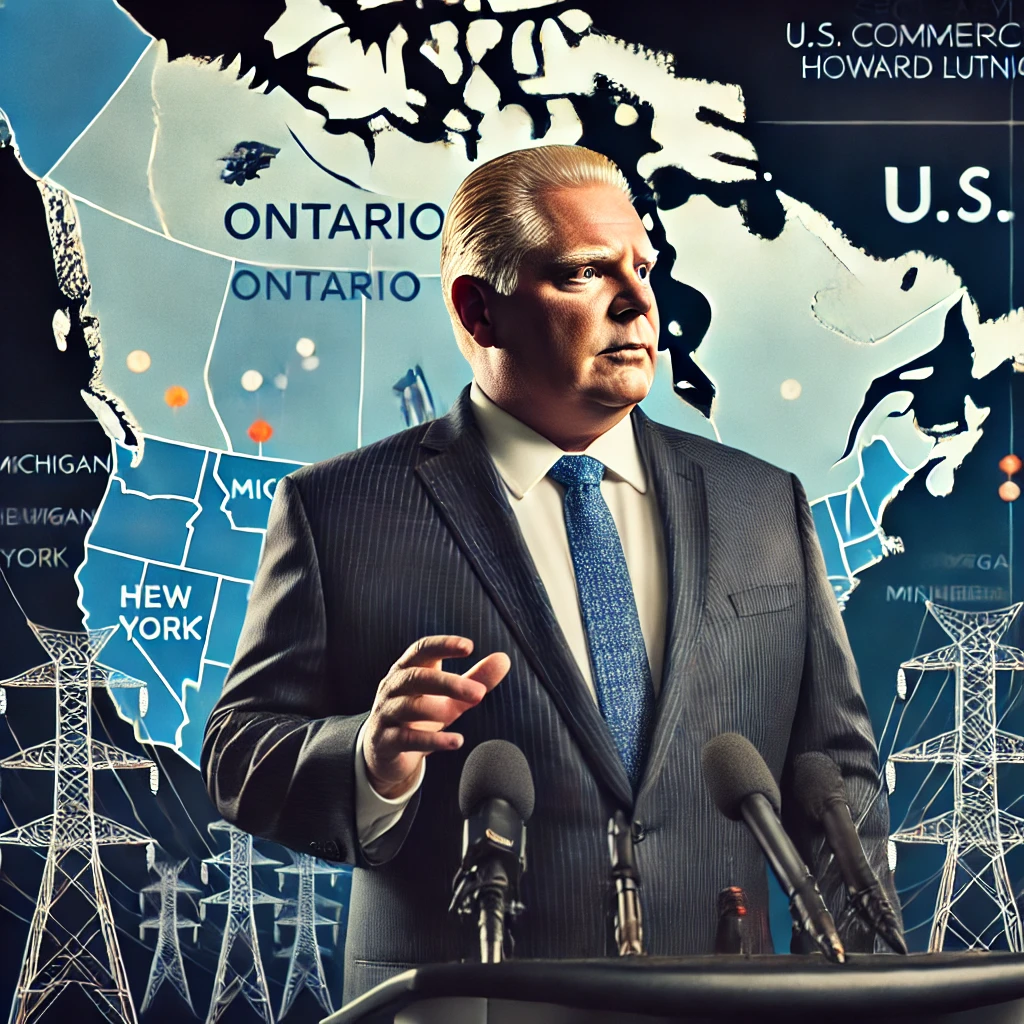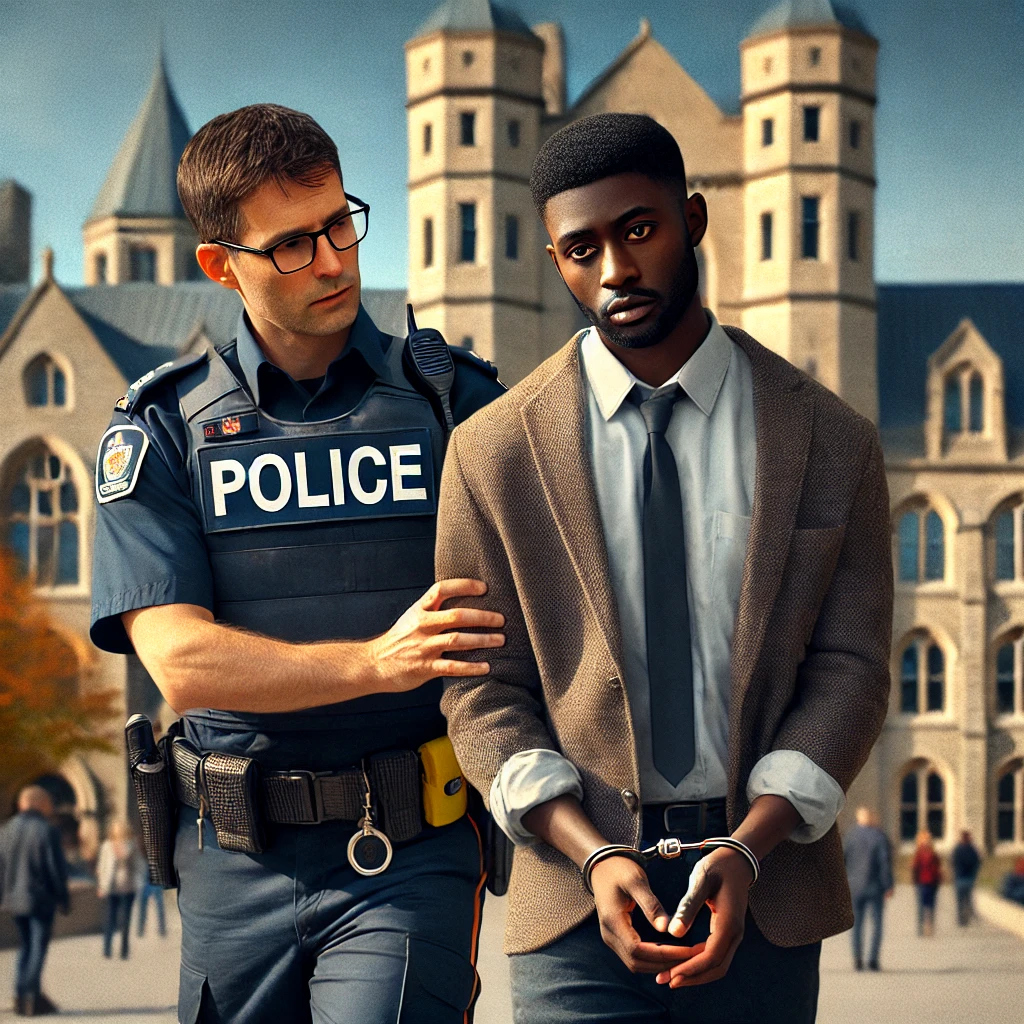By Kyle Duggan in Ottawa and Morgan Lowrie in Montreal — The Canadian Press | April 17, 2025
In the final English-language debate of the 2025 federal election, Liberal Leader Mark Carney stepped onto the Montreal stage as the frontrunner—and quickly became every other leader’s favorite target.
Carney, the Continuity Candidate?
Positioning himself as a steady hand in uncertain times, Carney leaned heavily on his central banking credentials. “Twice, I was a central bank governor. Inflation stayed below two per cent on my watch,” he reminded viewers, referring to his leadership during the 2008 global financial crisis.
But Conservative Leader Pierre Poilievre had a different pitch: Carney is just more of the same. “You, sir, are not a change,” Poilievre jabbed. “You’re Trudeau’s shadow.” He accused Carney of ghostwriting Canada’s “inflationary policies” and demanded an apology to Canadians he claimed had been financially burned by Liberal economics.
Carney denied ever advising Trudeau on inflationary measures. “You’ve spent your career running against Justin Trudeau and the carbon tax,” he shot back. “They’re both gone, OK?”
Déjà Vu All Over Again
Poilievre wasn’t finished. He took aim at the Liberal entourage backing Carney: “Are Canadians really ready to elect the same Liberal MPs, ministers, and staffers for a fourth term? Your talking points tonight were written by Trudeau’s people—some of whom are sitting right here.”
Carney’s retort? “I do my own talking points, thank you very much.”
Cue a wave of chuckles on social media—and probably a quiet fist bump from a comms staffer backstage.
A Fictional—but Familiar—Moment
Imagine this: A single mom in Mississauga is folding laundry with one hand and balancing a tablet on her knee to watch the debate. She’s been through two mortgage rate hikes in six months, lost sleep over grocery bills, and has three kids who think “carbon tax” is a Fortnite weapon. Carney says he’ll steer Canada through global crises. Poilievre says he’s the reason we’re in one. She mutters, “Well, that’s helpful,” and hits mute so she can hear herself think.
The “Trump Crisis” and a Pivot to Policy
Carney warned of a more profound threat: the return of Donald Trump. He argued that Canada needs to show strength in the face of shifting U.S. policies and looming tariffs. “The U.S. trade relationship has fundamentally changed,” Carney said, insisting Canada must diversify and project stability on the world stage.
Pipelines, Policy, and Policy Fumbles
Poilievre used his time to brand the Liberals as enemies of Canada’s energy sector, slamming Carney for failing to commit to repealing Bill C-69. He accused the Liberals of kneecapping major infrastructure projects and confusing one pipeline for another—Carney mistakenly referenced Keystone when asked about the Trans Mountain pipeline.
Jagmeet Singh: Throwing Punches in All Directions
NDP Leader Jagmeet Singh came out swinging. He chastised Carney for not defending Canadian jobs from U.S. tariffs and claimed the Liberal government was too cozy with pipelines to be progressive. At one point, he quipped, “I don’t know what Pierre is complaining about,” pointing to the Trans Mountain pipeline purchase under Liberal leadership.
Singh also warned voters against giving Carney a blank cheque. “He doesn’t have a track record of making life more affordable,” Singh said, noting NDP contributions to dental care and pharmacare.
Blanchet Turns Up the Heat on Ethics
Bloc Québécois Leader Yves-François Blanchet demanded financial transparency, accusing Carney of hiding behind a blind trust. “If you want Canadians to trust you, you must reveal what you own,” he said, referencing Carney’s past ties to Brookfield Asset Management and the lack of asset disclosure.
Carney insisted he follows all public office ethics rules. But his refusal to detail his holdings has left a lingering question mark over his campaign.
Poilievre on Crime and the Notwithstanding Clause
In a sharp turn, Poilievre defended his controversial promise to use the notwithstanding clause to enforce tougher sentences on violent offenders. “They will only come out in a box,” he said, referring to multiple murderers.
Carney countered, “The Charter exists to protect Canadians from politicians like us,” warning that once leaders start overriding rights, “where do you stop?”
No Questions, No Accountability
The debate ended with an unusual twist: No post-debate media scrums. The Debate Commission canceled the traditional Q&A, citing issues related to the participation of Rebel News and other right-wing media outlets the previous night. The move raised eyebrows—and hackles—among journalists and politicos alike.
The debate may not have yielded any clear knockout blows, but it drew some deep ideological lines in the sand. Voters are left with one final thought: If you want change, who—if anyone—actually represents it?
Or as George Carlin once said, “It’s a big club, and you ain’t in it.” Unless, of course, you’re on stage in Montreal with a mic and a blind trust.



